“For people with a trauma history, fear can be mistaken for excitement in intimate relationships. Unfortunately, a state of high anxiety can become the glue that binds people together in unhealthy relationship bonds.” ~ Glynis Sherwood, MEd
How Does Childhood Trauma Affect Relationships?
All humans are born with an innate psychological and biological need to receive consistent nurturing from parents. In this sense, strong attachment bonds are fundamental to the experience of being human and the survival of our species. As we are wired for closeness, our parental figures provide our first experiences of these crucial relationship ties.
By the age of four or five, our basic sense of self identity is formed. Children tend to see things as black or white, so at the heart of their nascent identity is the belief that they are either good or bad, lovable or unlovable. The quality of their bond with parents determines how positively or negatively kids see themselves, and is viewed as the truth.
If attachment needs are thwarted through neglect, abuse or traumatic losses (e.g. loss of a parent through death, divorce, estrangement, etc.), developing children are susceptible to feeling extremely unsure of themselves, especially their sense of worth and lovability.
Insufficient, inconsistent or absent empathy, nurturance and unconditional love from parents – fundamental for developing children – magnifies the attachment trauma problem.
Related: 8 Types Of Childhood Trauma And How To Defeat And Heal From Them
At the same time, neglected or abused children continue to yearn for a connection to the very parents who are not available to meet their needs. So these ‘insecurely attached’ children may cling to parents who simultaneously telegraph to their kids that they are not important, setting a child up to feel both fearful of abandonment, and self blaming when s/he does not receive this nurturing.
As they grow older these children may become more withdrawn and avoidant, or rebellious and acting out. In essence, the withdrawn child is saying ‘I will never get what I need, and can’t trust you, therefore I retreat or shut down’. The rebellious, more demanding child is communicating ‘Please hear and validate me or I will die’.
So as can be seen, bonding with caregivers is not only necessary for a child’s survival, but also acts as a vital mirror to a child’s developing sense of self. If enough ‘optimal’ positive mirroring by parents occurs early in childhood, then children learn to internalize those responses, affirming that they are good, loveable, worthy and wanted.
It is through affirmative parental mirroring that our essential sense of ourselves as ‘good’ people develops.
Conversely, if parents neglect or abuse their offspring, then these children learn to see themselves as bad and, therefore, unlovable. As mistreated children unconsciously blame themselves for their parent’s behaviour, a sense shame and anxiety becomes fused with their core identity. These children believe they must win their parent’s love, as their survival depends on it.
Survival psychology dictates that abused children repeatedly search for love from parents who do not meet the developmental needs of their offspring. Unable to perceive that it is their parents who are incapable or unwilling to nurture them effectively, abused kids fruitlessly attempt to prove that they are lovable.
Each subsequent rejection or unmet need by parents cement deep seated fears that they are unlovable children, leading to the development of a shame based identity, abandonment anxiety, and childhood attachment trauma.
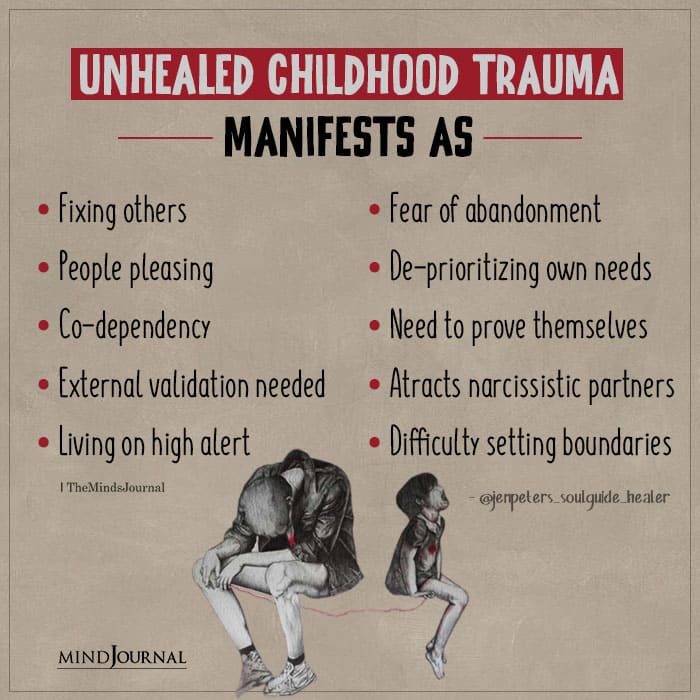
What Is Attachment Hunger?
Attachment hunger is driven by a deep longing for secure bonding that did not occur with parental figures in childhood. In essence, attachment hunger is fuelled by unmet but essential developmental needs.
The formation of a shame based identity further feeds the child’s false belief that they are unlovable and leads to panic as they yearn for acceptance from rejecting or abandoning parents.
As children grow into adults with unmet attachment needs, they may either cling frantically and/or withdraw into an anxious, avoidant stance in relation to their parents, intimate partners or friends.
Because their childhood needs remain unfulfilled, these adults continue to suffer from both a deep seated attachment hunger and a shame based identity that motivates their behaviour, leading to chronic low self worth and relationship difficulties.
These attachment hunger problems may be conscious or unconscious, but are almost always accompanied by anxiety, insecurity and feelings of worthlessness.
Related: 4 Ways That Childhood Trauma Impacts Adults
How Do Troubled Parents and Attachment Trauma Relate To Each Other?
Parents who are unable or unwilling to nurture their children may suffer from personality disorders, such as narcissism, and/or addictive behaviors. ‘Love’ may be conditional, at best, or non existent at worst, due to self absorption, lack of perception of their child’s needs and absence of empathy.
Personality disordered parents are needy and look to their children for the validation they never received from their own parents, leading to destructive boundary transgressions.
Poor parental boundaries lead to insecure relationships with their children, who can become ‘parentified’ themselves, i.e. expected to fulfil a caregiving role towards their parents.
If a child is – understandably – unable or unwilling to participate in this inappropriate role reversal, affection and support may be withheld by parents, and disapproval, shunning or bullying may ensue.
Children raised in this kind of environment often come to believe they are unlovable and unworthy, leading to ‘people pleasing’ behaviours in a desperate attempt to find the validation and emotional safety they crave. These children feel chronically insecure and struggle with low self worth.
They may unconsciously attract troubled friends and, later in life, intimate partners as they gravitate towards the ‘devil they know’.
In other words, the experience of chronic childhood neglect and abuse can set a course towards the pursuit of intimate relationships with wounded people, in an effort to validate an absent sense of self worth, or may lead to the avoidance of intimacy altogether due to fear of rejection.
Traumatic Attachment in Adult Relationships – Unresolved Trauma Will Be Repeated
Unmet attachment needs can lead to compulsive relationship seeking by adults who ‘hunger’ for healthy self worth and the secure bonds that were thwarted in childhood. These adults feel needy, vulnerable and unsure of themselves, and hope that intimate relationships will provide them with the psychological ‘scaffolding’ that is missing.
Although the motivation for this behaviour can be unconscious, sufferers are aware of nagging self doubt, fear of rejection and abandonment if their vulnerability is discovered by others, leading to chronic anxiety in relationships.
Because attachment hungry people are prone to picking people who are similar to the parental figures who hurt them, their intimate relationships can be fraught with the negative dynamics they fear – abuse, neglect, rejection and abandonment.
Attachment hungry people may pick narcissistic, codependent or addicted partners. Such relationships reflect and amplify low self worth, lack healthy boundaries, and lead to ‘trauma bonding’ – the fusion of love with abuse.
Trauma bonding is the unconscious acting out of attachment hunger, following a dysfunctional script – that love, rejection, abandonment, or abuse go together – learned in early childhood. Attachment hungry people may become addicted to the eroticized coercive control that is at the heart of trauma bonding.
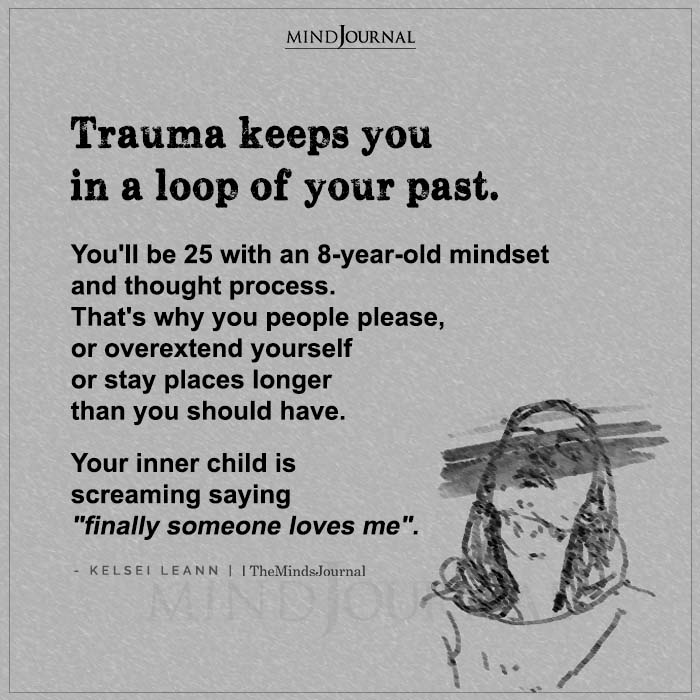
Trauma bonding also intensifies psychological harm due to double bind dynamics in the following ways:
- The relationship-compulsive person believes they are an unlovable and unworthy, and looks to others to meet needs that they unconsciously believe will never be met. Consequently, they are prone to high levels of rejection fear, all while being driven to seek connection. At the same time they believe that they must be sexually engaged in order to be loved.
- Yet sex and romance are doomed to fail at healing a fractured sense of self. Men in this situation tend to see sex as the most important sign of love and yet their most terrifying need. Women believe they must be sexual to be loveable, yet also fear that if they are sexual, they are bad. These double bind situations amplify chronic anxiety and low self worth.
Related: What Are Adverse Childhood Experiences? How The Trauma From These Affects Adult Relationships
Solutions to Attachment Hunger
Healing from the pain of attachment hunger requires the patient cultivation of emotional and cognitive insights, as the wound runs deep and is entangled with self identity.
The first principle of recovery from attachment hunger is to focus on developing a healthier relationship with oneself, especially before pursuing new intimate relationships.
This process can be greatly enhanced by working with a psychotherapist who understands developmental and attachment trauma.
Recovery of Relationship With the Self
The tasks of recovery from attachment hunger include learning to identify and manage emotion in the moment, especially repressed grief and anger; reducing anxiety based responses (fight, flight, freeze or collapse), so that the feelings behind the anxiety may be experienced and expressed constructively, and developing the ability to self soothe.
The simple act of accessing emotion – from a place of acceptance – tends to be cathartic, validating, calming, helps pinpoint legitimate needs and fuels personal motivation.
Developing emotional self regulation skills is fundamental to recovery from attachment hunger.
Most people with a history of neglect or abuse have some difficulty dealing with stress, accessing feelings and may be prone to mood swings. Mood swings may seem mysterious, but in fact do not come out of the blue. They stem from painful unconscious emotional and cognitive triggers that cause fear, self criticism and shame.
The key here is to work backwards to discover the source of the pain, and to cultivate tolerance and compassion for emotion(s) while understanding the source of trigger. Familiarity with pain triggers allows the individual to make choices to either deal with the hurt directly, or to withdraw and avoid it in future, thereby increasing a sense of self control and validation.
Becoming adept at recognizing and standing up to negative thinking is also critical to overcoming core beliefs that undermine self worth.
For example, most attachment hungry people are bound to false beliefs that they are bad and irredeemable. Ongoing, unconscious strikes from the Inner Critic – aka The Judge – perpetuate anxiety, depression and low self worth.
Challenging negative core beliefs, which are usually not based in reality, is key to regaining self worth, and emotional management. At the same time, treating oneself with care and compassion, even if it doesn’t feel ‘real’ at first, is integral to healing as it eventually neutralizes the attacking Judge.
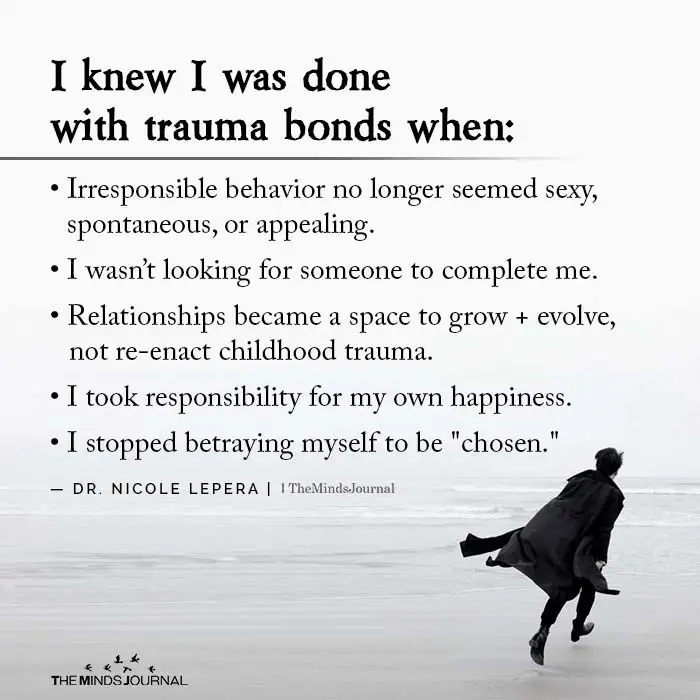
Trauma Attachment and Intimate Relationships
Relationships are challenging for people who were not loved or supported adequately by their parents during childhood. Difficulties with trust and self worth compromise closeness and healthy connections.
The second principle of healing from attachment hunger is to develop a more positive self identity before starting new, intimate relationships.
Relationships should be entered into from a place of strength and the desire to grow, not out of fear or neediness. For people already in relationships they wish to continue, couple’s counselling may be indicated.
Related: Haunted By The Past: How Childhood Trauma Impacts Your Adult Relationships
Rules of Thumb: Go slow with new relationships. Learn to identify positive signs that a relationship has potential – for example, consistent, respectful attitudes and behavior in a potential partner – and be aware of ‘red flags’, such as neglect or abuse. Be mindful that your motivation to overcome attachment trauma and to be in a relationship is sound.
In other words, you feel confident about yourself, and want to share your time and life with someone whom you believe is equally invested in supporting their – and your – personal development as a human being.
The experience of being treated as unlovable and worthless during childhood is the most damaging breach that must be mended if a more positive and realistic identity, and healthy relationships, are to be forged.
Learning to treat oneself with the compassion that was missing in childhood, while deepening understanding and management of emotions and core beliefs, is key to overcoming attachment hunger and the development of self worth.
Written By Glynis Sherwood MEd Originally Appeared On Glynis Sherwood
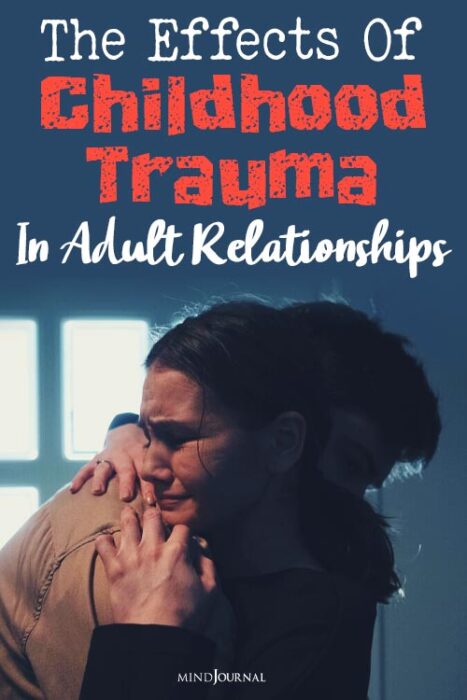
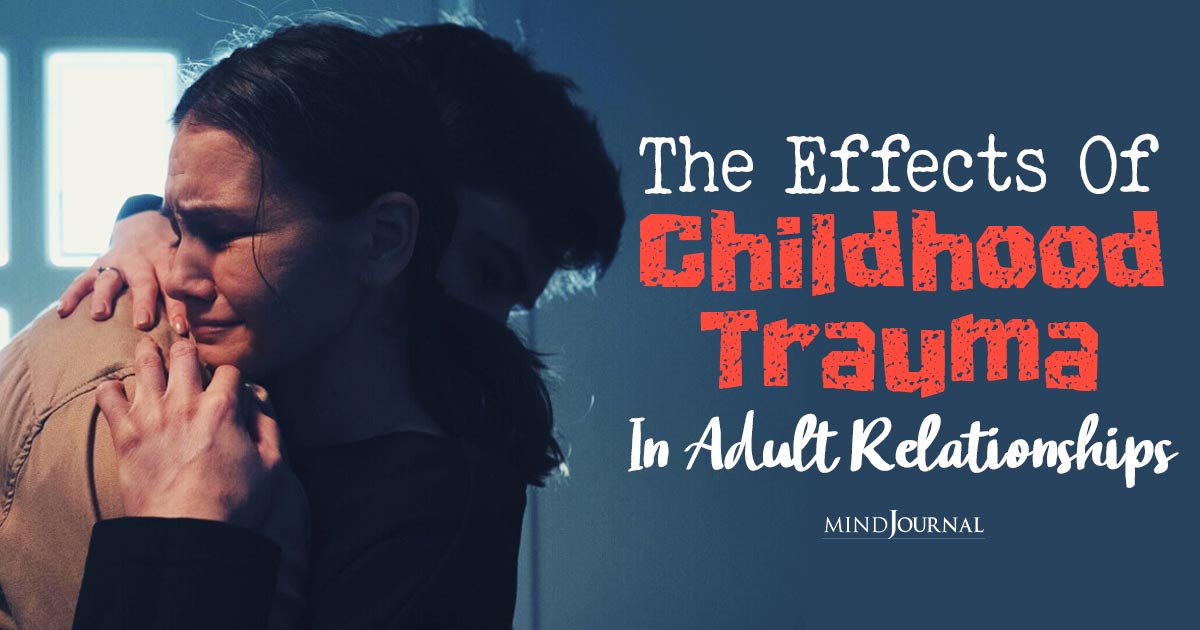





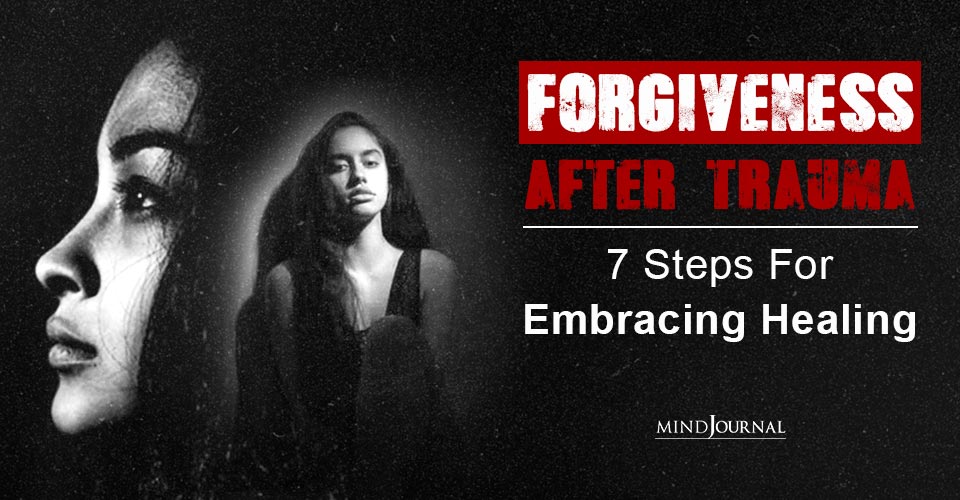

Leave a Reply
You must be logged in to post a comment.